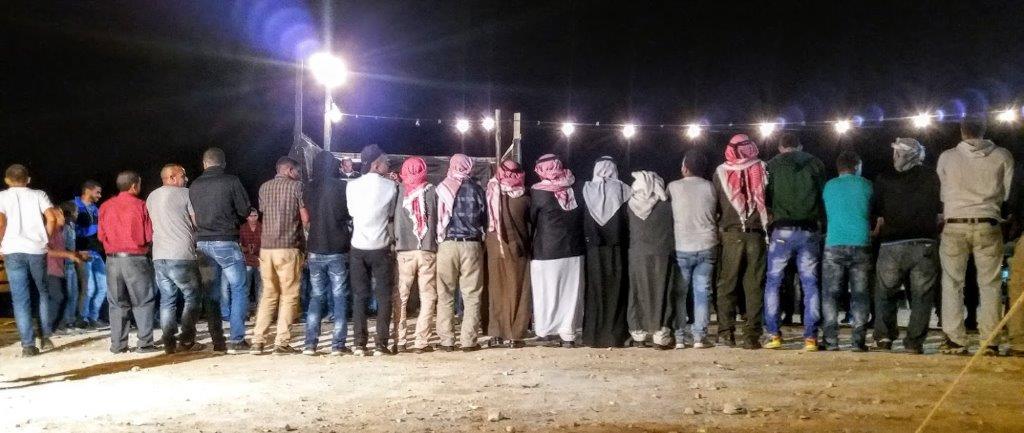
Possessions
There is a large dissimilarity in how both cultures relate to possessions. For the Dutch, there is a clear distinction between what is yours and what is mine, and whether you have or do not have. Furthermore, in my upbringing I was taught to cherish possessions; one does not throw away anything unless that is necessary. A loss is a loss, whether it is money, time, or something material. Moreover, if you caused the loss, you are the one to blame. In addition, you will take care that you have enough reserves, pay in time, and do your utmost not to borrow from others.
For the Palestinian Bedouin, it is a fact that material things, including money, come and go. At one point, you may have something, at another point it will be gone. One day my friend could have a pile of banknotes in his pocket, and the next day he could be without money to buy food. The idea is that it is no use to be upset for losses and there is no need to blame someone for causing the loss; of course, this has its limits. In any case, one pays when one has the money. The Palestinian Bedouin takes an attitude of what one has, one shares with others.
More than that, Bashar would expect that at his friend’s home he could behave as in his own home (as long as no women are present) and vice versa. He therefore would see it self-evident that he could fetch from my refrigerator whatever he fancied, use my towel, take compact discs from my car or – on our visit to the Netherlands – wear my father’s sweater. Not that I (or my father) would have objected to any of these, but in the culture I come from, this kind of things are not done without asking permission, even among friends. One respects that the property belongs to the other. Bashar realizes the dissimilarity between us in this respect; instead of me taking things from him – as he does – he from time to time simply offers me to take things from him, like clothes or food.







